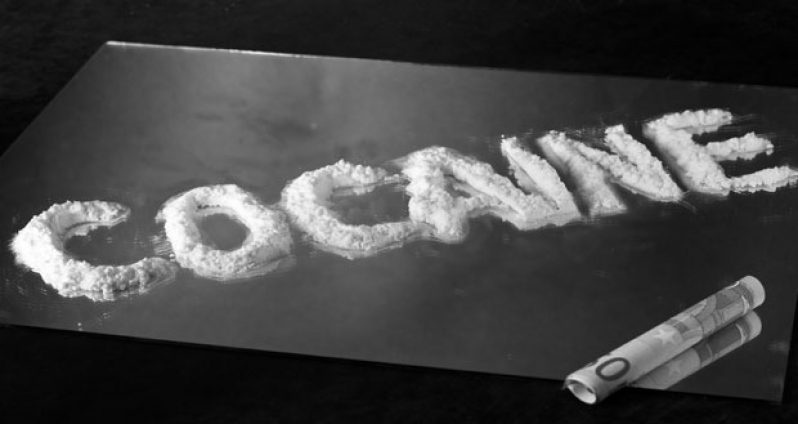THE little Amerindian community of White Water in Mabaruma, Region 1, is still unsettled following the discovery that cocaine-laced gold finger sweets were sold to children of the community.Speaking via telephone with Region 1 Chairman Paul Pierre, yesterday, this publication was told that while the find had initially alarmed and disrupted the community, things are almost back to normal, but some amount of uneasiness still exists among those who live there.
Pierre said residents are expressing fear of a recurrence of the situation ending up being more serious than this first instance.
Chief Medical Officer Dr. Shamdeo Persaud told the media in an invited comment on Wednesday that he, and by extension the Ministry of Health, is very concerned that children from Mabaruma, Region 1, had such a high risk of exposure to narcotics, which is a controlled substance.
What also concerns the ministry are the health consequences associated with the substance, which is not understood by many, especially when children are the ones exposed.
Easy access to such a substance and its availability to children are also of concern to the ministry, the health official explained. He said this development would cause the ministry to examine all the evidence associated with the find, and it would also henceforth be paying keen attention to the care and response that is administered to persons who are accidentally exposed to narcotics.
At the level of the Analyst Food and Drug Department, Dr. Shamdeo Persaud said that body would now have to work with the police to determine the batch number to which the smaller sweets belonged, and if more citizens might be at risk of being exposed to the tainted sweets.
He said that, based on his information, the sweets were properly packed, displayed and offered for sale. He expressed optimism that the Analyst Food and Drug Department would have already issued an advisory to consumers.
A source at the Analyst Food and Drug Department explained to the Chronicle that all systems are in place to start an investigation from that end, but the Dept. is still awaiting some specific information from the police, which they expect to be forthcoming today. Provided that that information is received today, the department would be able to commence investigations to determine the batch number of the products, manufacturing and expiry date, and most importantly, if the sweets actually came from the manufacturer, or were made somewhere else and the wrapper of the company used as a diversion.
Last Sunday, three female students of the Amerindian community of White Water in Mabaruma, Region 1 were hospitalised after they purchased and consumed gold finger sweets from a shop in the community. They complained of numbness in the tongue and weakness in the legs, coupled with dizziness. Two of the girls, aged 12 and 14, were forced to spend the night at the Region 1 Hospital, but were discharged the following morning.
(By Leroy Smith)



.jpg)








